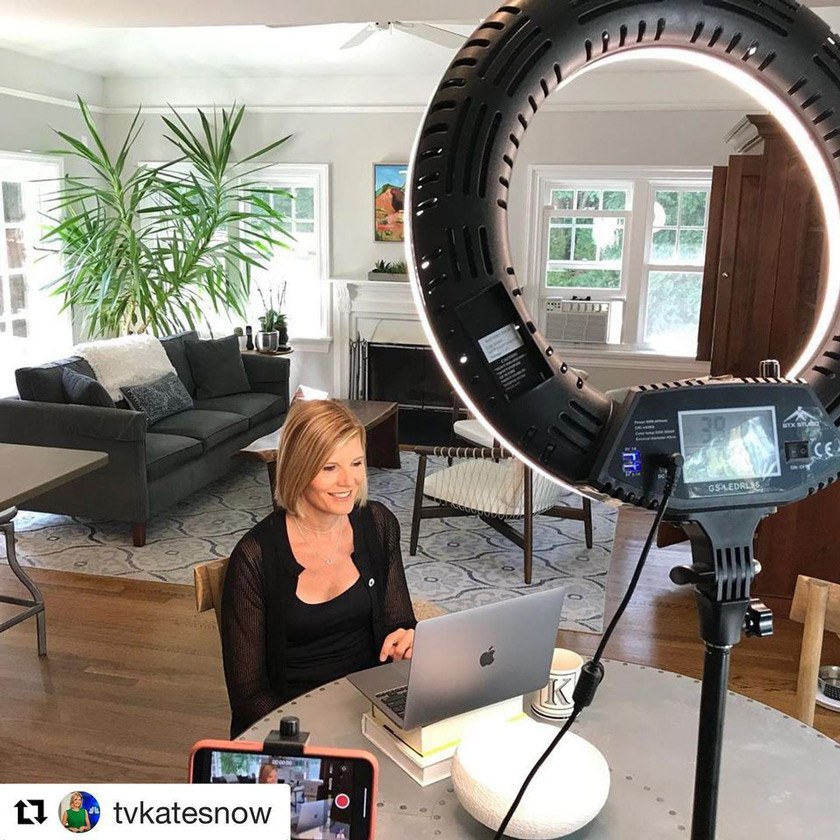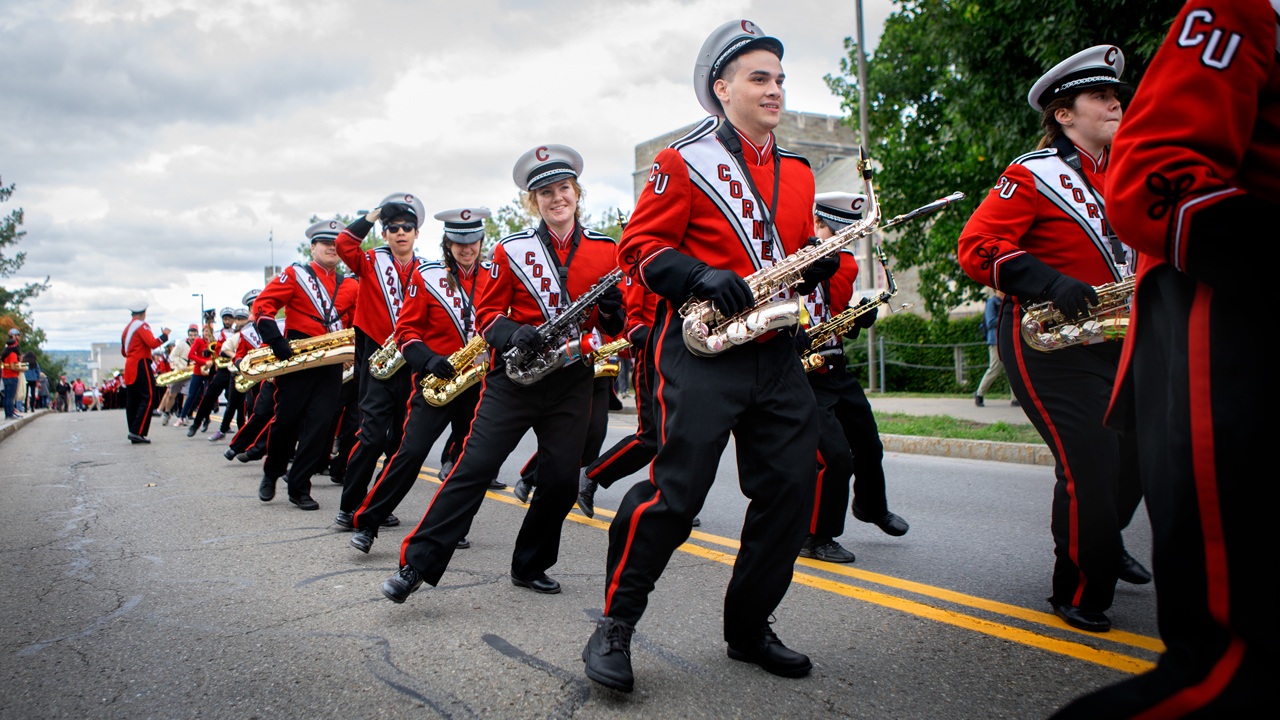StayHomecoming 2020 kicked off on October 6 with Cornell Promise: a commitment to learning from the COVID-19 Pandemic, an interview with one of Cornell’s most respected and well-known alumni, Dr. Anthony Fauci MD ’66, moderated by NBC News’ Kate Snow ’91.
Cornell President Martha E. Pollack introduced the event with a message of hope. “In reopening our campus this fall, we at Cornell made the decision to listen to the experts and follow the science,” Pollack said. “Even though we’re clear-eyed about how easily things could change, so far, that approach has brought us significant success,” she said.
According to the most recent data posted on the COVID-19 tracking dashboard, Cornell currently has a .01% rate of infection.
Common sense, not rocket science
During these tumultuous times, Fauci has remained a steadfast advocate for sticking to the facts. Fauci said that he has repeated the same public health guidance “incessantly” throughout the pandemic: reminding everyone to wear a mask, social distance, avoid crowds, spend time outdoors, and wash their hands.
He has also been a staunch advocate for following the scientific process to develop and test safe and effective treatments and vaccine candidates. Over the past six months, Fauci has become a trusted voice for Cornellians and for communities across the nation and around the world.

Fauci said that this disease is his “worst nightmare,” because of its “spectacularly efficient” rate of spread from human to human via respiratory droplets and its high morbidity rate. Yet, he notes that his “confidence in the scientific process” gives him hope that we will get back to normal.
Fauci said that recent technological advances have made it possible to isolate the virus and develop several promising vaccine candidates in record time. He says that he is “cautiously optimistic” that the U.S. will have one or more safe and effective vaccine candidates by November or December 2020.
Leading by example
Fauci emphasized the importance of staying the course and continuing to follow the public health guidelines as the best and only way forward.
“We’ve got to get people to listen to us when we say what the public health measures are that they need to follow,” he said. “We can put an end to this, …and we will get there more quickly if we do the things you and I have been talking about,” he told Snow.
Fauci said that universities like Cornell have an important role to play in turning the tide on the pandemic. Cornell is “a highly respected institution in academic circles, not only domestically, but internationally,” Fauci said.
In addition to serving as a center of academic excellence and scientific rigor, Fauci thinks that Cornell faculty and students can also serve as important role models. By taking this outbreak “very seriously” and modeling “the kind of behaviors” that others can emulate, he believes that Cornell can serve as a leader for other college campuses and for young people in general.
Fauci said that many young people don’t yet understand that they must abide by the public health measures that are needed to prevent infection. “If you (at Cornell) can show that you can do it,” Fauci said, “you can be a great example of what can be accomplished.”
Read “Fauci: Controlling coronavirus is ‘within our grasp,’” in the Cornell Chronicle.



